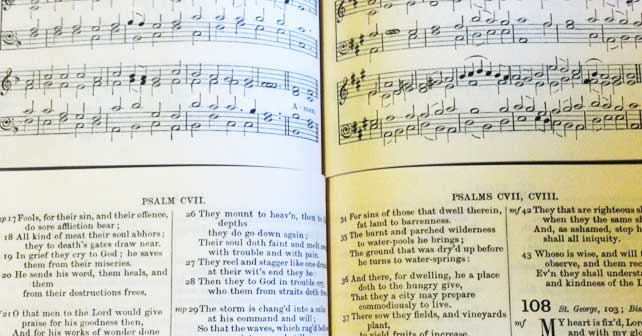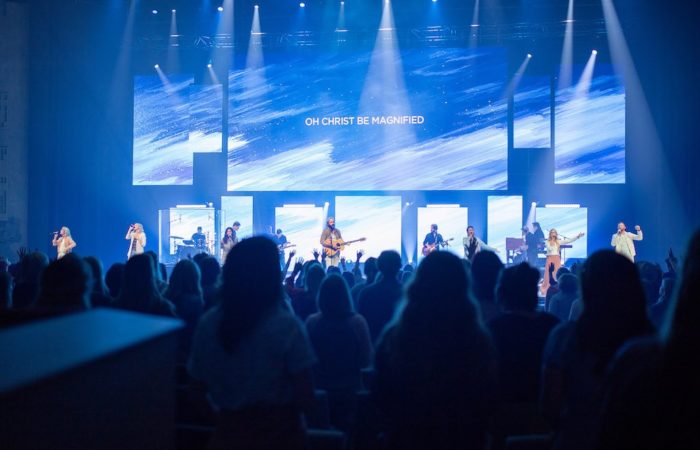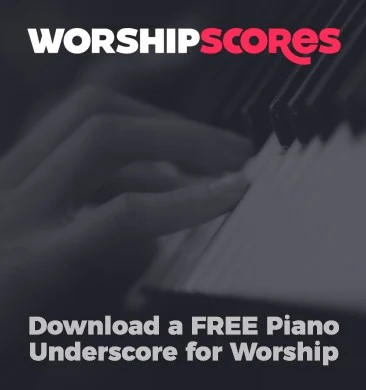Uri Brito on Psalm singing:
Many of us grew up in theological backgrounds where the psalms were known, but not sung. These theological backgrounds are anomalies throughout the history of the Church. E.F. Harrison observed that “Psalmody was a part of the synagogue service that naturally passed over into the life of the church.” Calvin Stapert speaks of the fathers’ “enthusiastic promotion of psalm-singing” which he says, “reached an unprecedented peak in the fourth century.” James McKinnon speaks of “an unprecedented wave of enthusiasm” for the psalms in the second half of the fourth century. Hughes Oliphint Old argued that Calvin appealed to the church historians (e.g. Eusebius, Socrates, Sozomen) as well as the church fathers (e.g. Augustine, Basil, Chrysostom) for the singing of psalms. While the Reformers did not advocate the exclusive singing of Psalms they did express “a partiality for Psalms and hymns drawn from Scripture.”
The Reformer Martin Luther urged that Psalms be sung by congregations so that “the Word of God may be among the people also in the form of music.” By the end of the 19th century, however, most hymnals produced had limited psalms to a couple of well-known pieces like Old One-Hundredth. Beyond that, scriptural references had all but disappeared. Terry Johnson summarized the state of psalmlessness:
This eclipse of psalmody in the late nineteenth century is quite unprecedented. The psalms, as we have seen, have been the dominant form of church song beginning with the Church Fathers, all through the Middle Ages, during the Reformation and Post-Reformation eras, and into the modern era. By the beginning of the twentieth century the church had lost the voice through which it had expressed its sung praise for more than 1800 years.
Though the last hundred years were not psalm-friendly, we have seen in the last 30 years a kind of revival of psalmody in the modern church, especially in the Reformed tradition. New hymnals, like the Cantus Christi, and many others are including old and new psalms (metrical and chants).
So why should we sing the psalms? Aren’t the 19th century hymns and contemporary songs sufficient to fulfill the worship demands of the modern congregation?





